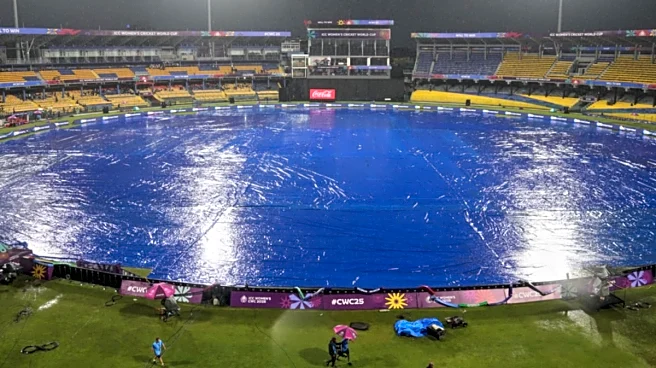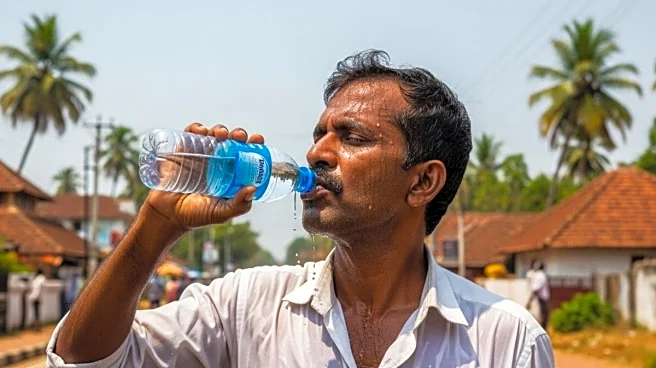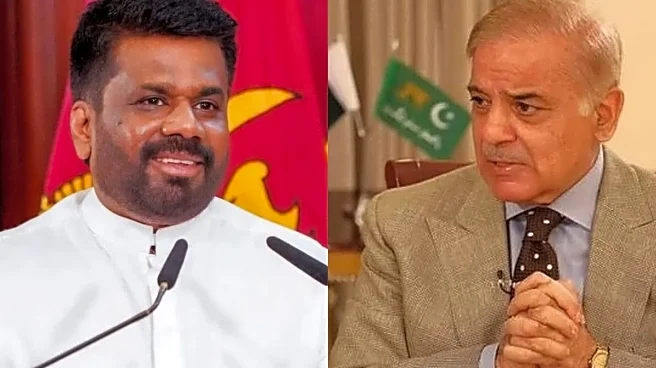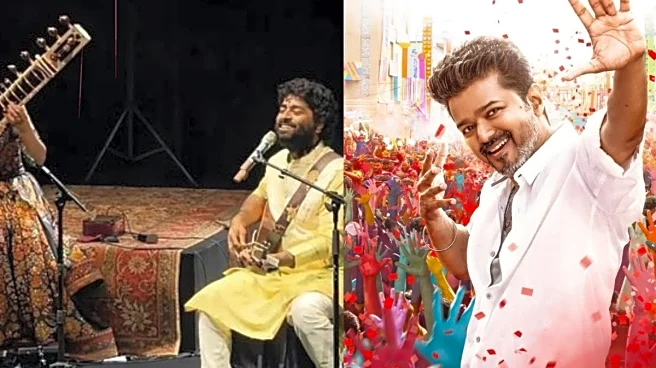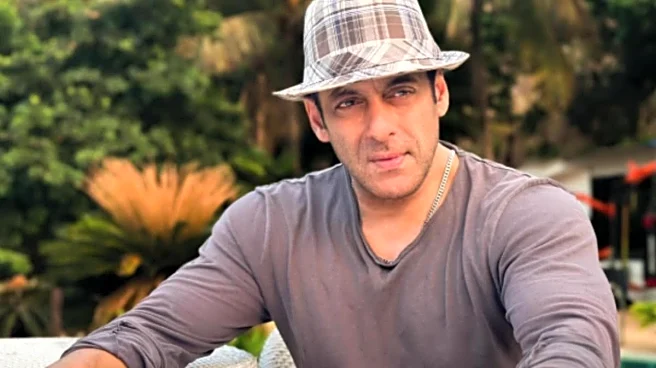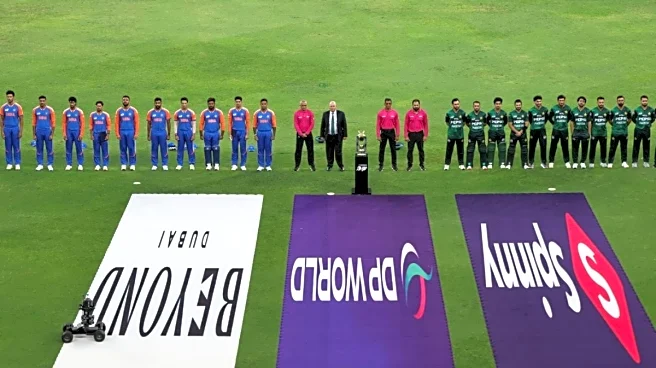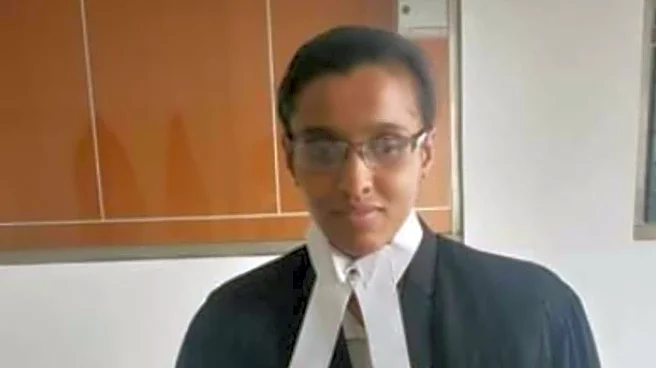Garg was in Singapore to attend the festival organised by Shyamkanu Mahanta, which was slated to be held from September 19-21.
"With profound grief, we share the heartbreaking news that our beloved icon, Zubeen Garg, passed away today at Singapore General Hospital around 2:30 PM. Zubeen had arrived in Singapore just the day before yesterday," the statement added.
The statement further added that they got a call from Garg's manager informing them that he had met with an accident and had been rushed to Singapore General Hospital. It was later learned by organisers that a few members of the local Assamese community had taken him on a yacht visit, of which they had no prior knowledge. The event now stands cancelled.
Earlier, there were reports that suggested that Garg was injured while scuba diving and was rushed to the hospital.
The news of Garg's passing has everyone in a state of shock. Just two days ago, Garg took to Instagram to talk about the North East India Festival in Singapore's Suntec from September 19-21. Garg was slated to perform on September 20. Sadly, that day never came.
Tributes have started to pour in from all across, with the state remembering the icon who reshaped Assam's culture and entertainment landscape with his art and inimitable voice.
Shocked by the sudden demise of popular singer Zubeen Garg. He will be remembered for his rich contribution to music. His renditions were very popular among people across all walks of life. Condolences
to his family and admirers. Om Shanti.
— Narendra Modi (@narendramodi) September 19, 2025
শব্দ আজি নিজেই নিজত আবদ্ধ
Today Assam lost one of its favourite sons. I am in a loss of words to describe what Zubeen meant for Assam. He has gone too early, this was not an age to go.
Zubeen's voice had an unmatched ability to energise people and his music spoke directly to…
— Himanta Biswa Sarma (@himantabiswa) September 19, 2025
Deeply shocked and saddened by the untimely demise of our cultural icon Zubeen Garg.
His voice, music, and indomitable spirit inspired generations across Assam and beyond.
My heartfelt condolences to his family, fans, and loved ones.
Rest in peace, Legend ????????#ZubeenGarg pic.twitter.com/A11tVpQY43
— Ripun Bora (@ripunbora) September 19, 2025
Khelo India singer is no more!
We have lost a magical voice and a versatile personality. I'm deeply shocked by the tragic demise of Zubeen Garg. His evergreen songs will inspire the talented artists for the generations to come. I pray for his departed soul. #RIP #Zubeen ???? pic.twitter.com/kmdwbrbIky
— Kiren Rijiju (@KirenRijiju) September 19, 2025
Shocked and deeply saddened by the sudden passing of Assam’s beloved son and musical icon, Zubeen Garg. His music touched millions, capturing the spirit of Assam and giving voice to the emotions of the people. For decades, he stood as a cultural force, an artist whose songs will… pic.twitter.com/Vo00oJmHPp
— Gaurav Gogoi (@GauravGogoiAsm) September 19, 2025
Devastated and shocked by the news of Zubeen Garg's sudden death in an accident in Singapore. I am so very sad... His contribution to Assamese music and culture is extraordinary... He will live amongst us through his songs... Dear Zubeen I remember you with lots love and…
— Adil hussain (@_AdilHussain) September 19, 2025
Early Life & Career
Born on November 18, 1972, in Tura, Meghalaya, Garg was the son of Mohini Mohon Borthakur and the late Ily Borthakur. Named after the legendary conductor Zubin Mehta, he grew up steeped in music, learning from his mother and later studying tabla for 11 years under Pandit Robin Banerjee.
He completed his matriculation at Tamulpur Higher Secondary School and enrolled in a B.Sc. program at B. Borooah College, Guwahati, but left academics to pursue music full-time.
He burst onto the Assamese music scene with his debut album Anamika (1992), which became an instant hit. Garg recorded over 38,000 songs across over 40 languages and dialects, such as Assamese, Bengali and Hindi, over the course of his illustrious career, which was tragically cut short.
Post Anamika's success, Garg ventured into Indipop with albums such as Chandni Raat (1995), Chanda (1996), Jalwa (1998), and Sparsh (2000). His Bollywood playback singing included films like Gaddaar (1995), Dil Se (1998), Fiza (2000), and Kaante (2002).
However, his big Bollywood breakthrough came in 2006 with “Ya Ali” from Gangster (2006), a Sufi-rock number that brought him nationwide fame and awards.
After that, he sang in multiple Hindi films, but never became a typical “Bollywood playback machine” — he remained rooted in Assam. His career arc is unusual: most regional stars who go national don’t look back, but Garg kept returning to his roots, producing local-language music even after national success.
Zubeen was more than just a singer — he was a composer, lyricist, music director, actor, filmmaker, and poet. Known for his charismatic stage presence and mastery of 12 instruments, his body of work includes over 38,000 recorded songs, making him one of India’s most prolific artists.
In 2002, he married fashion designer Garima Saikia from Golaghat, Assam. The same year, tragedy struck when his younger sister, actress and singer Jongki Borthakur, died in a road accident — an event that deeply shaped his later music.
Beyond music, he also acted in Assamese films like Dinabandhu, Mission China and Kanchenjunga and directed as well. His 2017 directorial Mission China was one of Assam’s highest-grossing films.
Activism and philanthropy
Through the Kalaguru Artiste Foundation, Garg supported flood relief, education, and youth empowerment in Assam. He also lent his voice to social causes, notably joining student-led protests against the Citizenship Amendment Act (CAA) in 2019 and addressing corruption in films like Kanchanjangha.
Legacy
In Assam, he wasn’t just a musician. He was the cultural icon of a generation — someone who bridged the local with the global. He helped modernise Assamese pop culture without erasing its folk backbone. That balancing act is why so many in Assam saw him not just as a singer, but as a kind of cultural guardian. He wasn’t afraid of controversy. He spoke bluntly about government policies, clashed with the system and often positioned himself as a voice of the Assamese people — loud, unfiltered, passionate.
Also Read:Saregama taps AI to revive classics with modern music videos
Also Read: The Summer I Turned Pretty Finale: This is what Susannah would have really wanted
/images/ppid_59c68470-image-175830003880519327.webp)



